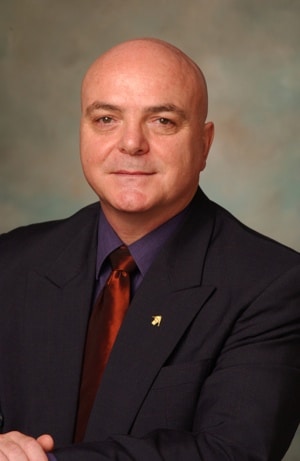Ethics are an essential component of modern MBA courses to ensure corporate leaders of tomorrow are able to set standards of conduct and acceptable values in organisations, according to one of the country’s most experienced business educators.
Addressing the Graduate Management Association of Australia (GMAA) conference at Griffith University last week, the Australian Catholic University’s Professor Peter Steane said preparing future business leaders to tackle complex ethical issues was a necessary part of their professional education.
“While people cannot be ‘made good’ by telling them to do X or to avoid Y standards of conduct and acceptable values can be entrenched in people and organisations,” Professor Steane said.

“If future MBA graduates demonstrate an ability to reason critically, exhibit considered judgement, and behave in an emotionally mature manner, then it is more than likely that others in the organisation will mimic that behaviour.”
Debate over the inclusion of ethics in business courses has a long history with some believing it was necessary or important because, as Friedman argued, the ethical focus for business is shareholder return on investment.
However, Professor Steane argued the ability of leaders to understand and resolve ethical issues, including the regular conflict between law and ethics, was an important skill for managers.
“While the law is a guide, it is not perfect, nor is it the sole guide to what is ethical. There are many business practices that are both legal and ethical. But there are also many that are legal and not ethical,” he said.
He said the importance and value of teaching future leaders to deal with ethical issues had been given greater impetus by the increasing influence of business and corporations – and the waning influence of the church and political leadership – in the way people interact with others in everyday life.
Professor Steane also made the important distinction between ethics and morality.
“Ethics can be taught because reasoning can be taught,” he said. “Morality is about the philosophical or religious path one may tread. It engenders habit, custom and patterned behaviour. Ethics involves active critical thinking to shape an ‘examined life’ over values, which may or may not enable someone to choose a moral pathway.”
He added that despite the complexity of the issues, teaching ethics for business leaders was not “rocket science”.
“Ethics education means using the fodder of what is in any daily newspaper and in the decisions of many businesses every single day… ethics is less about formula or rules or law or regulation, and more about simple or incremental or incidental decisions.”
About Peter Steane
Professor Peter Steane is Associate Dean International for the Australian Catholic University and Chair of the CRN Establishment Program for Cardiovascular Health. Dr. Steane has held previous positions at the Macquarie Graduate School of Management as Deputy Dean and Associate Dean, as well as positions at RMIT, SCU, La Trobe and QUT. He is Visiting Research Professor at Assumption University, Thailand, and Divine Word University, PNG.
Dr. Steane has consulted to a range of companies and organizations about ethics and strategic leadership: Asia Development Bank; Columbia Business School; Woolworths; Pfizer; NSW Police; Unisys, Merrill Lynch; Randstad; Sun Microsystems; Mercy and St. Vincent’s Health Groups, as well as Wesley Mission and Baptist Community Services.
He co-founded the Program for Aboriginal Company Directors, and was in the foundation team for the establishment of the Certified Fraud Investigators Program.
Professor Steane has taught in 12 MBA programs around the world, and his research covers: ethical policy development, leadership and strategy, and effective partnerships between government and non-profit health providers.









